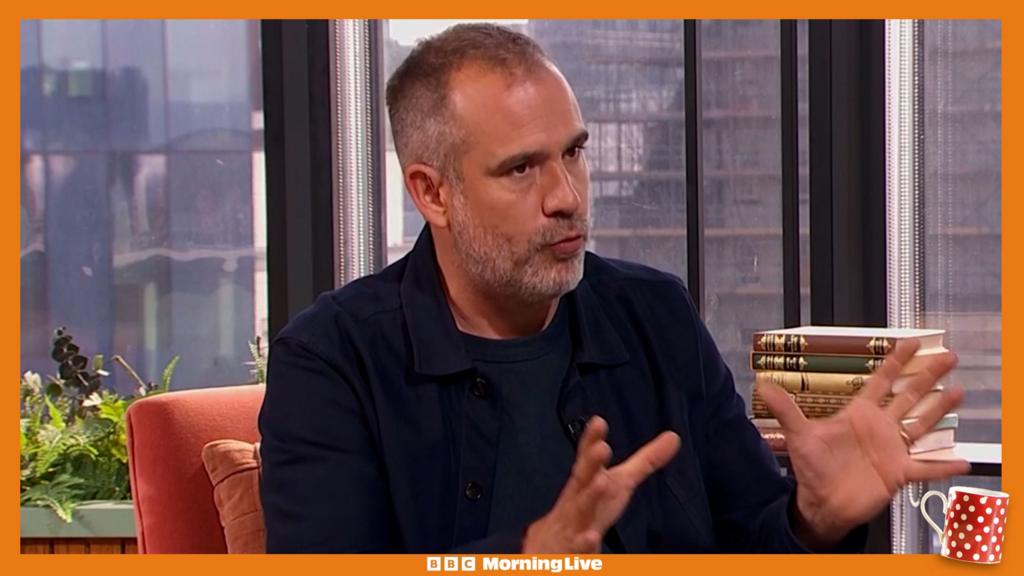Rural Healthcare at Risk: Trump's Medicaid Cuts Threaten Hospitals and Services

A proposed rollback of Medicaid funding under the Trump administration is sparking serious concerns across the nation, particularly in rural communities where healthcare access is already precarious. Hospitals and healthcare providers are warning that these cuts could lead to devastating consequences, potentially shuttering facilities and limiting essential services for vulnerable populations.
The proposed changes, part of a broader effort to reduce government spending, target Medicaid eligibility and funding levels. While proponents argue these measures are necessary for fiscal responsibility, critics contend they will disproportionately harm low-income individuals, families, and the rural areas that rely on Medicaid for a significant portion of their healthcare infrastructure.
The Ripple Effect on Rural Communities
Rural hospitals, often operating on thin margins, are particularly vulnerable to Medicaid cuts. These facilities serve as critical safety nets, providing emergency care, chronic disease management, and preventative services in areas where access to specialists and larger medical centers is limited. Reduced Medicaid funding could force these hospitals to reduce staff, curtail services, or even close their doors, leaving rural residents with fewer options for healthcare.
Beyond hospitals, the proposed cuts could impact a wide range of healthcare providers, including clinics, nursing homes, and home health agencies. This disruption would affect not only patients but also the local economies that depend on these healthcare-related jobs.
Kansas as a Case Study: A State-Level Challenge
The potential impact is particularly acute in states like Kansas. Recently, Kansas implemented a tax increase on Medicaid providers, raising the rate from 3% to 6%. This seemingly counterintuitive move was designed to increase the state's contribution to Medicaid, effectively leveraging federal matching funds. The proposed federal cuts now threaten to undermine this state-level effort, potentially negating the benefits of the tax increase and further straining the state's healthcare system.
This situation highlights a broader challenge: states have been working to stabilize their Medicaid programs, often through innovative financing mechanisms. Federal cuts would disrupt these efforts and create significant uncertainty for state budgets.
The Human Cost of Cuts
The consequences of Medicaid cuts extend beyond financial considerations. Millions of Americans rely on Medicaid for essential healthcare services, including prenatal care, vaccinations, mental health treatment, and prescription drugs. Reducing access to these services could lead to poorer health outcomes, increased emergency room visits, and higher healthcare costs in the long run.
Furthermore, the proposed cuts could exacerbate existing health disparities, disproportionately affecting vulnerable populations, including children, seniors, and individuals with disabilities. The impact on these groups would be particularly severe, as they often have limited access to alternative sources of healthcare.
Looking Ahead: Advocacy and Action
Healthcare advocates and providers are urging policymakers to reconsider the proposed Medicaid cuts and to prioritize the health and well-being of vulnerable populations. They are emphasizing the critical role that Medicaid plays in supporting rural healthcare systems and ensuring access to care for millions of Americans. The debate over Medicaid funding is likely to continue, and the outcome will have significant implications for the future of healthcare in the United States.






